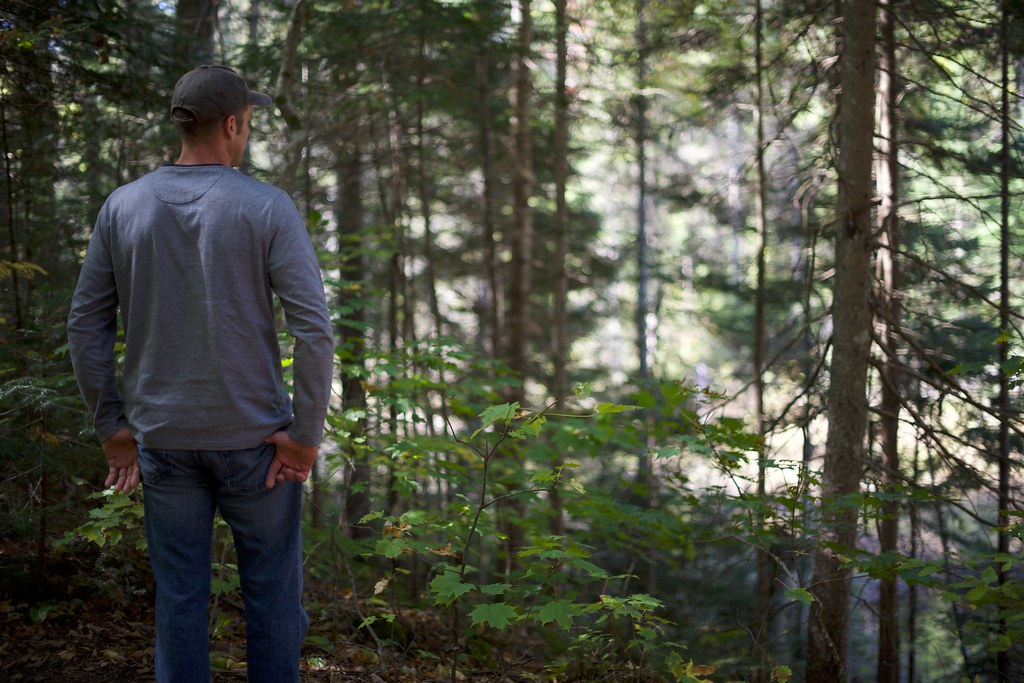What can trees reveal about God, nature, and the future of everything? Friends, it’s more than you maybe could ever imagine. And when it comes to biblical insights, I could listen to Dr. Matthew Sleeth all day. He’s the real deal, a wise and truthful voice for our times. Matthew has written an achingly beautiful, groundbreaking book, Reforesting Faith — which helps me see the story of creation, the fall, and redemption with fresh eyes. Read, pray, and then share this book as a bridge with a neighbor who loves creation but doesn’t (yet!) know the Creator. As a former ER doctor, Matthew’s compassionate bedside manner and winsome humor will open the door for life-changing conversations. It’s an honor to welcome our very kind friend, Matthew, to the farm’s front porch today….
One February evening, years ago, while vacationing on an island off the coast of Florida, my wife and I sat outdoors on a second-floor deck.
There were no cars, roads, or people about. Our children were tucked into bed. A gentle wind blew over the water, and palm trees rustled in the breeze.
In the stillness Nancy turned to me and asked, “What do you think is the biggest problem on earth?”
Her question came out of nowhere, but I gave it some thought.
“The world is dying,” I said. “There aren’t any elms left on Elm Street or chestnuts on Chestnut Lane. I don’t think humanity can do business as usual for the next hundred years and expect that things are going to turn out all right.”
Then Nancy asked a follow-up question: “If the world is dying, what are you going to do about it?”
I had no answer.
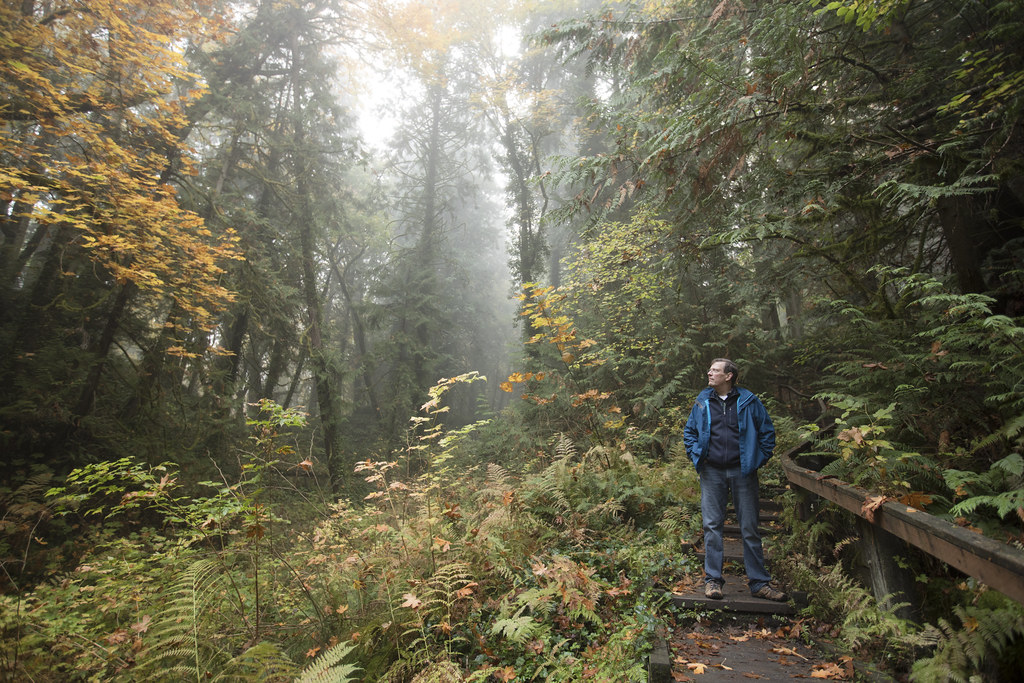
Corey Petrick
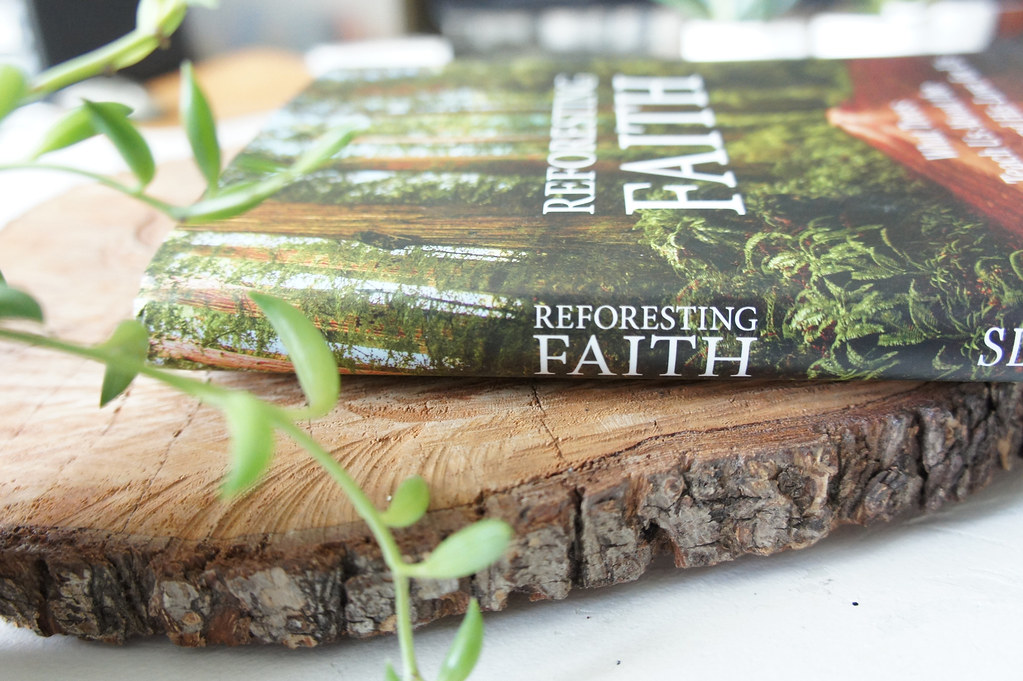

Chuck Summers
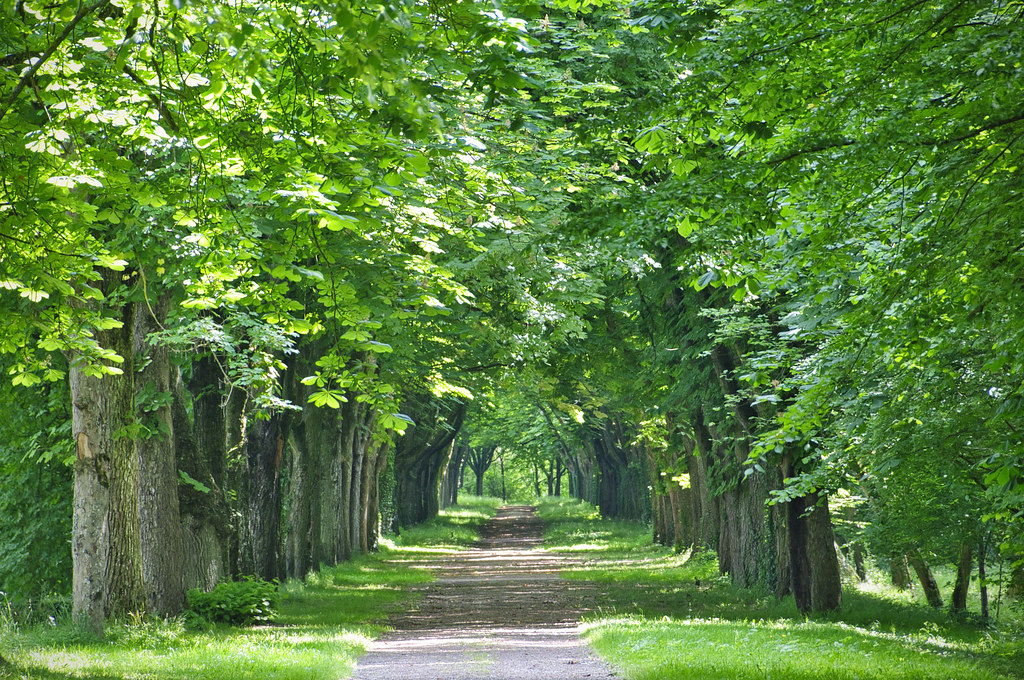
Matthew Sleeth
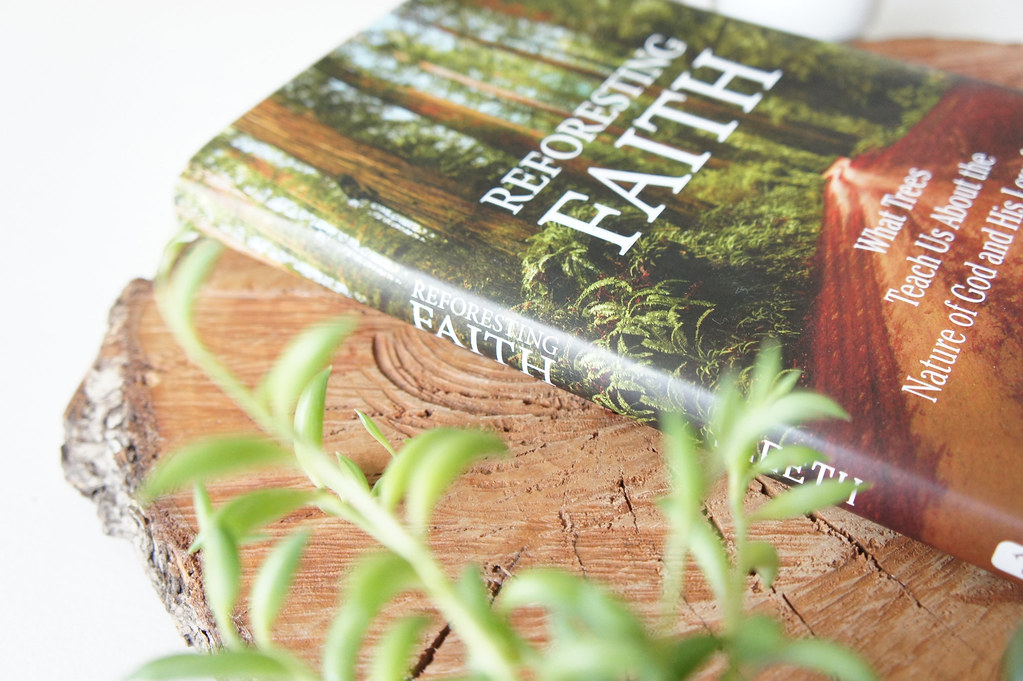
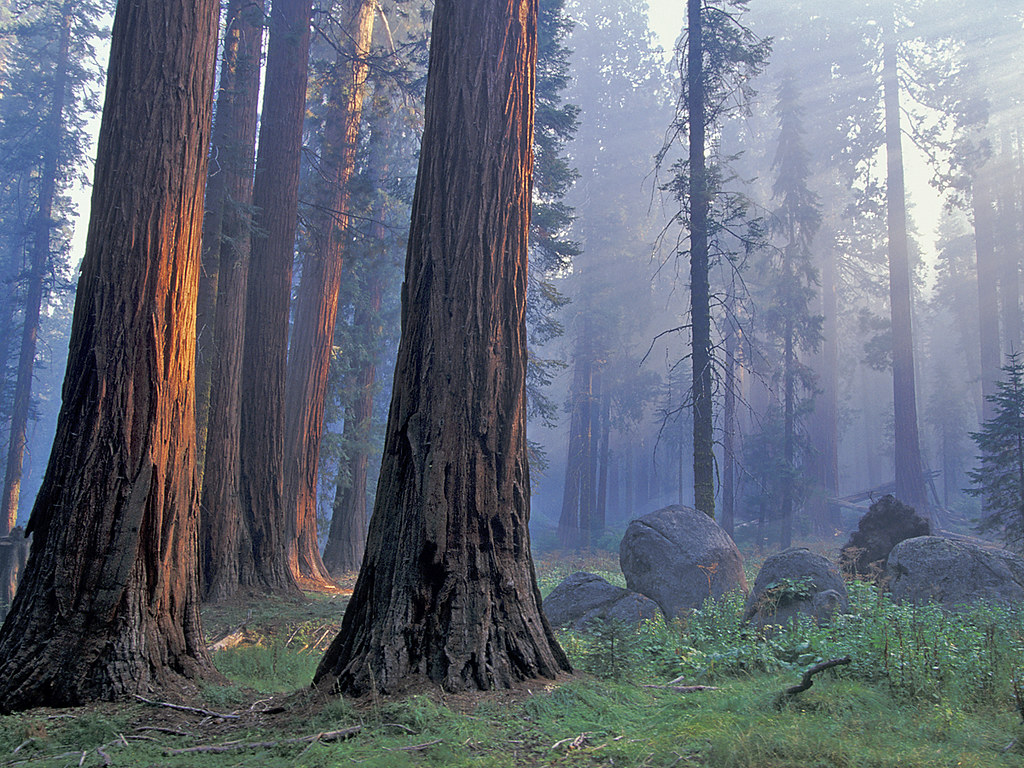
Chuck Summers
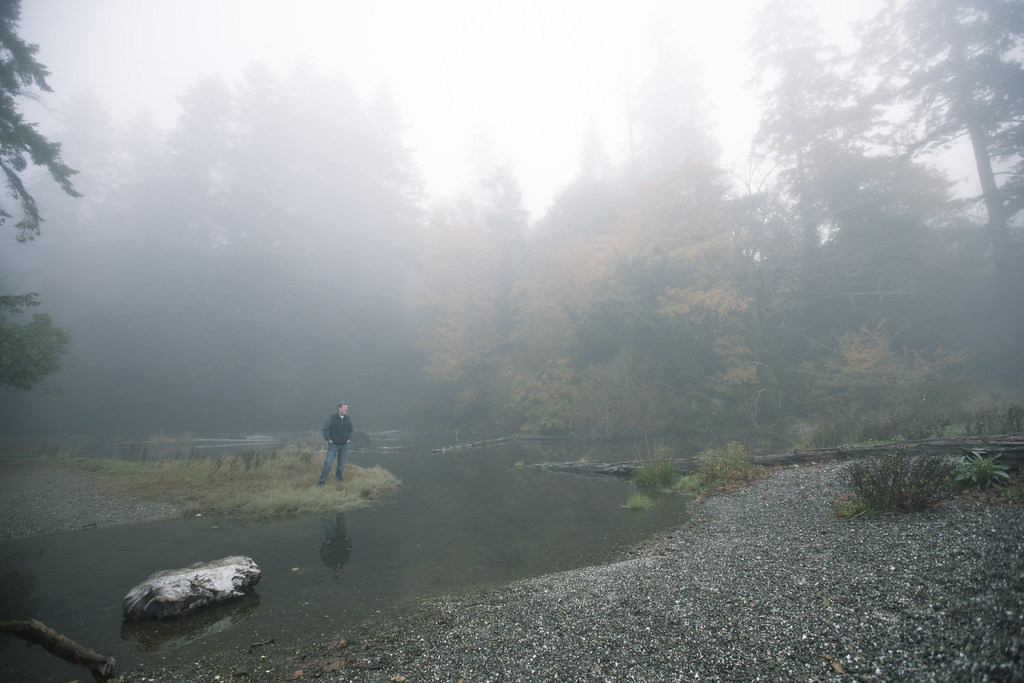
Corey Petrick
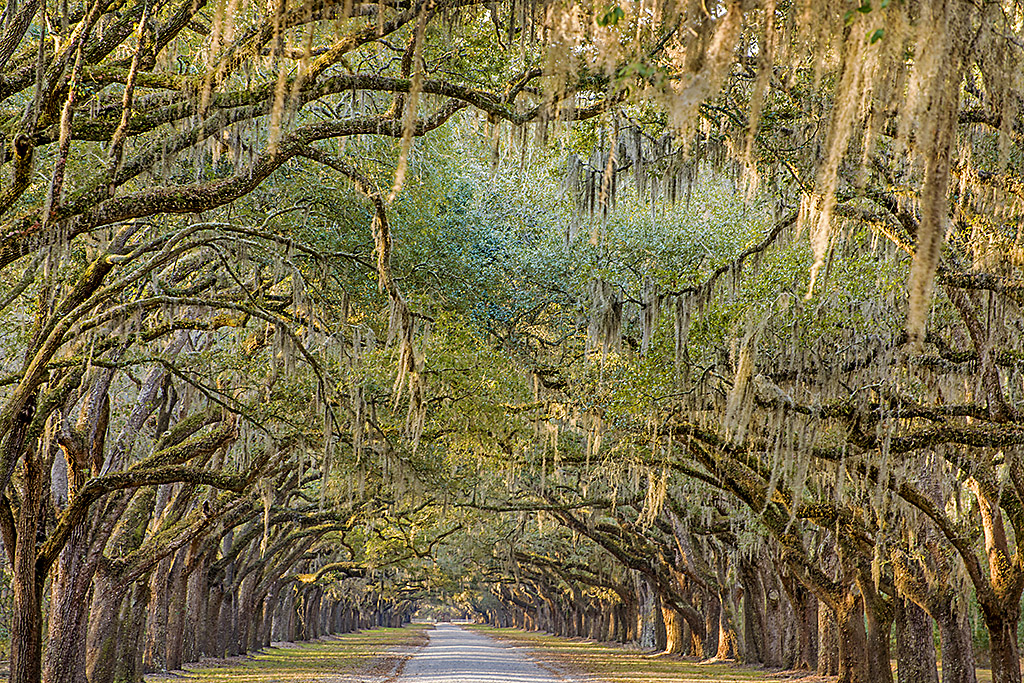
Chuck Summers
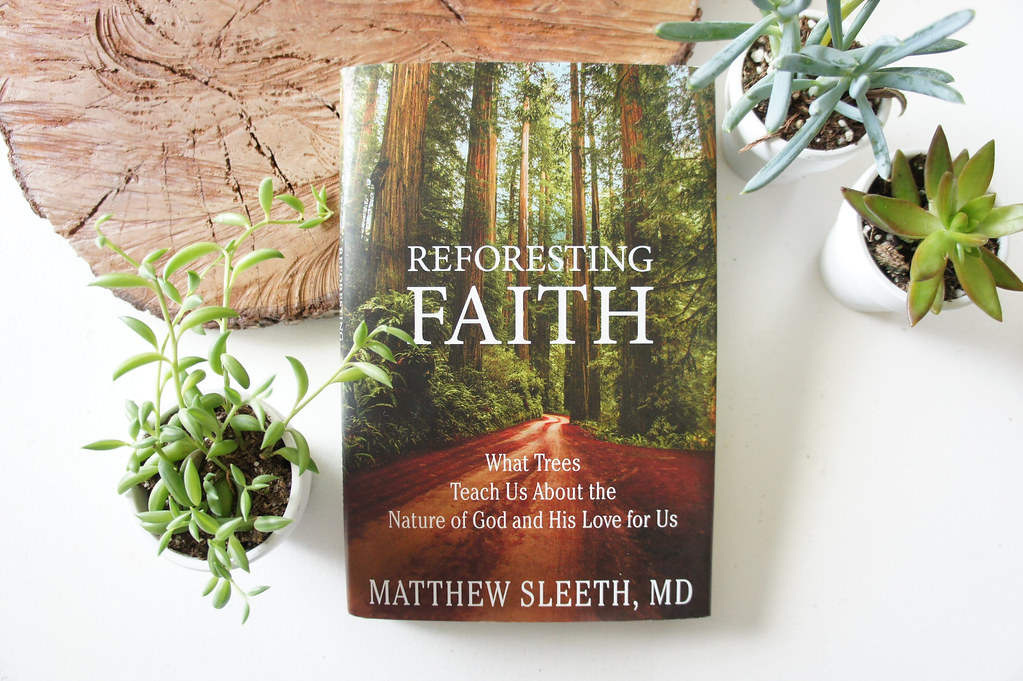
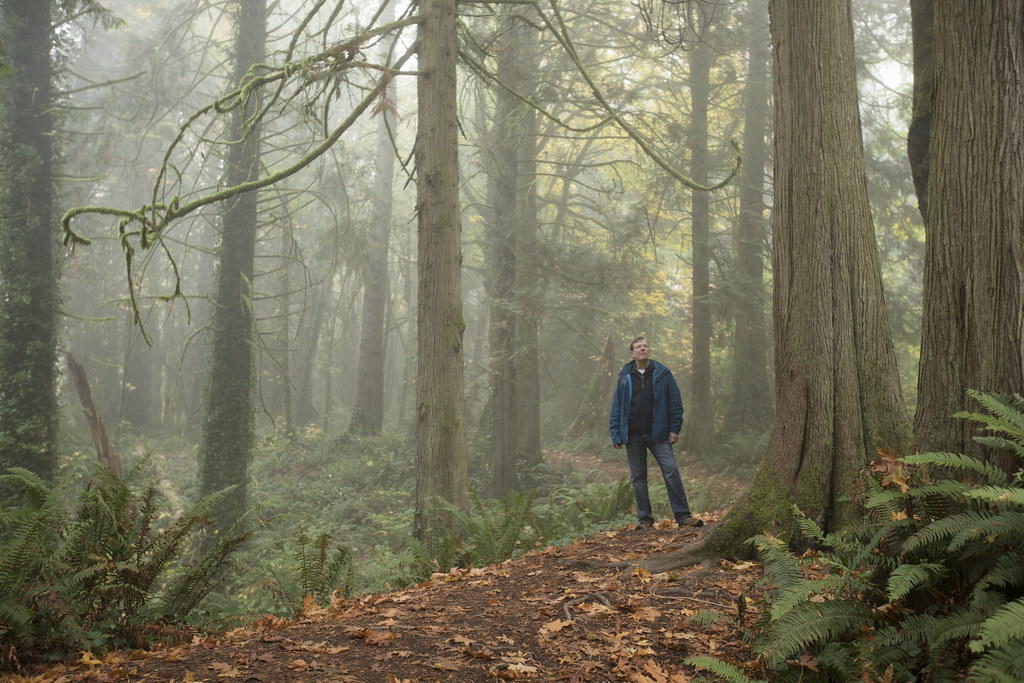
Corey Petrick
After we returned home from vacation, life stopped flowing from one good thing to another.
During our annual family reunion, Nancy’s brother heartbreakingly was pulled down by an undertow and drowned. Around the same time, a mentally ill patient stalked me and was stopped only when police discovered he had murdered his mother and then hid her body in a closet.
The harder I worked to pull things together, the more our lives unraveled. The darkness would not lift. My supply of optimism ran dry.
One Sunday morning at the hospital, I found myself with no patients, so I went looking for something to read. On a coffee table, I found a Bible. I had never read one. Although we had thousands of books in our home, we didn’t own a Bible. So… I stole it.
A few pages into the Gospels I was presented not with answers but with the Bible’s great question: “What say you of Jesus?”
Right away I recognized that Jesus was unlike any person I’d ever met. He was both more human and more godly than anyone I’d known. Over the next two years, my family came to believe like I did in Jesus as our Savior and Lord.
Finally, I was able to answer Nancy’s second question: “What are you going to do about a world that’s dying?”
I told her I wanted to quit my job as chief of staff and head of the emergency department and spend the rest of my life serving God and helping to save the planet.
Concerned about putting food on the table, let alone paying for college for our two teenage kids, Nancy replied, “Honey, are you sure we need to do that much?”
We sold our home, gave away half our possessions, and moved to a house the size of our former garage.
Soon after, we joined a church which became like family. But when I volunteered to plant trees around the church’s grounds, one of the pastors said I had the theology of a tree hugger. This was not a compliment.
My first reaction to the pastor’s comment was, “Maybe I’m wrong. Maybe God doesn’t care about trees.”
Back then, our whole family was new to Christianity.
My daughter hadn’t yet married a pastor. My son wasn’t a missionary pediatrician in Africa, and I’d yet to write books on applied theology or preach at more than a thousand colleges and churches around the world. What did I know about the theology of trees?
But ever since I encountered the gospel for the first time in my forties, the Bible has been my compass. So when I was called a tree hugger, I turned to Scripture to get my bearings.
I read from Genesis to Revelation, underlining everything the Bible has to say about trees. And here’s what I found: God has an astounding fondness for trees.
Other than God and people, the Bible mentions trees more than any other living thing.
There is a tree on the first page of Genesis, in the first psalm, on the first page of the New Testament, and on the last page of Revelation.
Every significant theological event in the Bible is marked by a tree. Whether it is the Fall, the Flood, or the overthrow of Pharaoh, every major event in the Bible has a tree, branch, fruit, seed, or some part of a tree marking the spot.
Moreover, every major character in the Bible appears in conjunction with a tree.
In the Old Testament, Noah received the olive leaf (Genesis 8:11), Abraham sat under “the oaks of Mamre” (Genesis 18:1), and Moses stood barefoot in front of the burning bush (Exodus 3:2–5).
The same pattern holds true in the New Testament. Think of Zacchaeus climbing the sycamore fig (Luke 19:1–4), the blind man seeing people as if they were trees walking (Mark 8:24), and the disciples gathering on the Mount of Olives (Luke 22:39).
Jesus Himself declared that the kingdom of heaven is like a tree (Matthew 13:31–32).
The only thing that Jesus ever harmed was a tree (Mark 11:12–14, 20–21), and the only thing that could harm him was a tree.
After Jesus was resurrected, he was mistaken for a gardener (John 20:15). This was not a mistake.
Jesus is the new Adam (Romans 5:14) who has come to redeem all of creation (Colossians 1:20). Heaven is a place where the leaves of a tree heal all the nations (Revelation 22:1–2).
Despite trees serving as God’s favorite metaphor in Scripture, most people today have never heard a single sermon on trees in the Bible. This was not always the case.
A glance at Charles Spurgeon’s sermon titles indicates what people were hearing from the pulpit during the mid- to late 1800s. From “Christ the Tree of Life” to “The Trees in God’s Court,” Spurgeon, the “prince of preachers,” had no difficulty seeing both the trees andthe forest in Scripture.
More recently George MacDonald, J. R. R. Tolkien, and C. S. Lewis—three of the most beloved and influential Christian fiction writers of all time—championed trees. Their good guys live under, in, and around trees. They value, protect, and even talk to trees. In contrast, the bad guys such as Lewis’s Tash and Tolkien’s Sauron are clear-cutters of trees—even talking trees!
Why have trees gone missing from our faith?
Lying at the heart of the explanation is the resurgence of a first-century heresy called dualism. Dualism calls God’s creation evil, assigning merit only to things of the Spirit. Of course, no part of the Bible supports this heresy. And the incarnation of God as a man named Jesus clearly is at odds with this false dichotomy.
The most dangerous consequence of this heresy is that it prevents us from hearing God speak to us through our everyday interactions with His creation.
The problem with subtracting trees from our theology is that God put them in the Bible for a reason.
There were two trees at the center of the Garden of Eden. One (the Tree of Life) represented humanity’s connection to the divine and the eternal. The other (the Tree of the Knowledge of Good and Evil) represented human agency—and possible rebellion.
When Adam and Eve ate from the wrong tree, they tried to cover up their crime by undressing the very trees they were charged with “dressing” (Gen. 2:15; 3:7). Their next move was to run and hide behind them (Gen. 3:8). Chapter three of Genesis concludes with Adam and Eve being banished from the Garden.
What is the Bible, then, if not a story of God meeting humanity’s need for a Savior to reunite us to the Tree of Life?
Today — is World Earth Day, a day to celebrate the Creator handiwork in His creation.
Walk through a woods today, stand under a tree and pray with Spurgeon:
“See to it that you are rightly planted, and then you may depend upon it that you will really flourish…. [A}sk the Lord to make you thrive, and bloom, and fructify. Your leaf shall not wither, and He will cause you to prosper if you are planted in the courts of the Lord.”
Go for a walk today and stand under a tree and marvel at our Maker:
Trees are God’s investment in humanity’s future. They are the only living thing to which God gives a ring on each birthday. Only He knows the exact timing of Christ’s return. I hope it is tomorrow morning.
But, in the meantime, I’ll plant trees that will take a century to grow — and I’ll try to spread the gospel like there’s no tomorrow.
Matthew Sleeth, MD is the executive director of Blessed Earth. Recognized by Newsweek as one of the nation’s most influential evangelical leaders, he has spoken about the biblical call to be good stewards of the earth at more than one thousand churches, campuses, and events, including the Washington National Cathedral. He is the acclaimed author of Serving God, Saving the Planet.
.Reforesting Faith is a groundbreaking walk through scripture, following God’s trail of trees. There’s a tree planted on the first page of the Bible, with roots running from the first Psalm, to the first page of the New Testament, and on through to the last page of Revelation. Every major biblical character and every major theological event has a tree standing by it.
Engaging us with stories from his early life as a carpenter and later as an ER physician, Matthew Sleeth illuminates what trees can teach us about the nature of God and His love for us. Your walk through the woods and your Bible will never be the same– a perfect, Biblical read for Earth day…
[ Our humble thanks to Waterbrook for their partnership in today’s devotion ]

